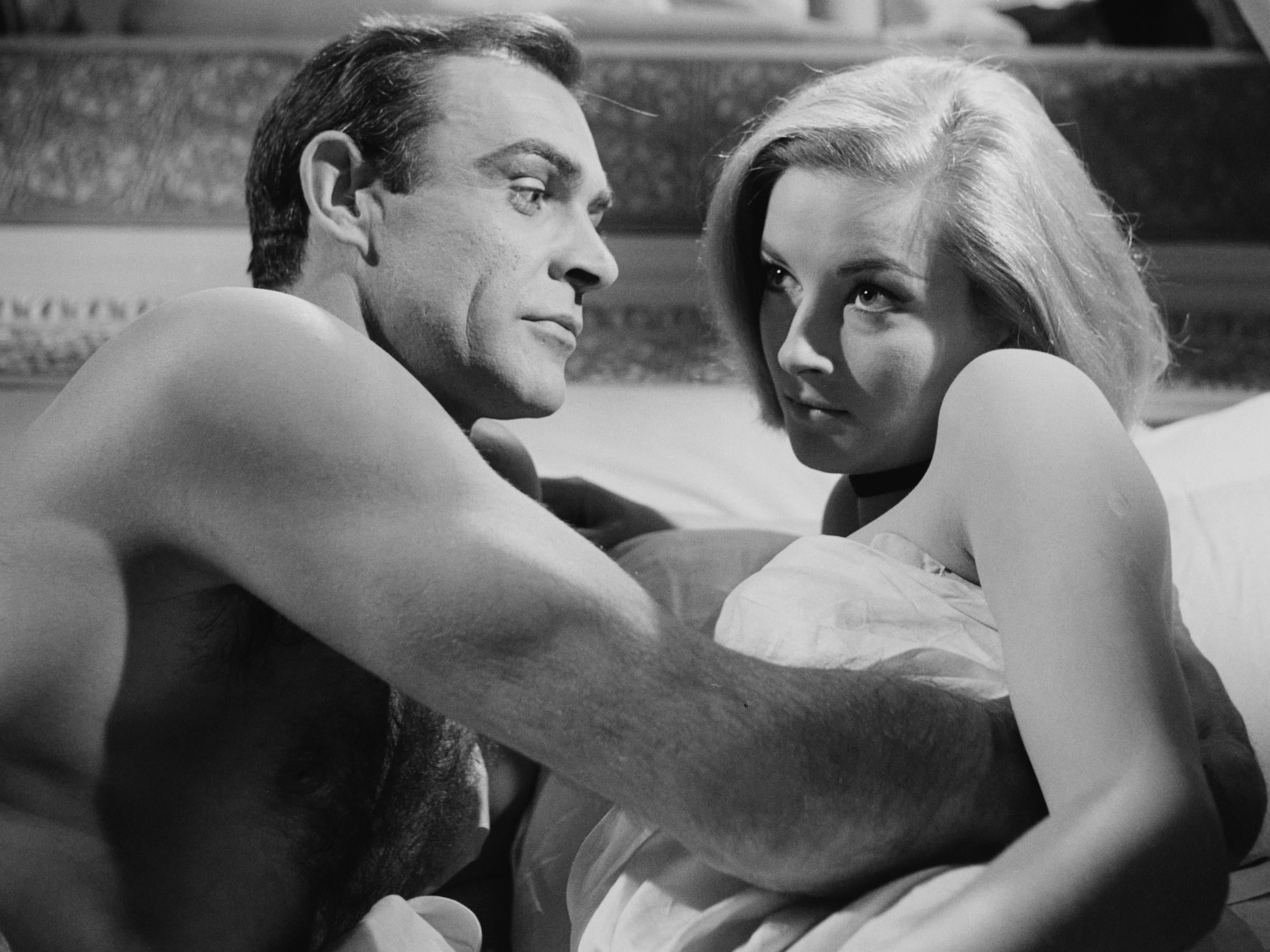A female James Bond? Women deserve better
In our latest arts column, Alexandra Pollard discusses the ongoing debate – reignited this week by former ‘Bond girl’ Eva Green – over whether 007 should be played by a woman


A woman shouldn’t play James Bond. Not for the reasons reeled off by some of 007’s most ardent fans – the kind of fans who felt affronted when Daniel Craig took over in 2005, because it meant the spy had turned blond. Certainly not because if we “give Bond breasts, we lose the magic behind the character”, as one particularly crude Telegraph op-ed put it. No – a woman shouldn’t play James Bond, because women deserve better.
Why am I bringing this up now? Well, Eva Green, who starred as Vesper Lynd in 2006’s Casino Royale, this week shot down suggestions that a female actor should play Bond. But not everyone feels this way. Emilia Clarke, Gillian Anderson, Elizabeth Banks and Priyanka Chopra have all thrown their hat into the ring to take over from Daniel Craig when he bows out after the forthcoming film. It’s not hard to see why: there isn’t exactly a pantheon of treasured female action heroes for them to clamour over. They could offer themselves up to play a “Bond girl”, I suppose, but as Quantum of Solace star Gemma Arterton says, “There’s so much wrong with Bond women”. Those roles, says UEA film professor Yvonne Tasker, “provide little for the actress to do but confirm the hero’s heterosexuality”.
And, boy, is Bond’s heterosexuality confirmed, courtesy of creepily named characters like Pussy Galore, Holly Goodhead and Xenia Onatopp. Bond is a paragon of brooding, silver-tongued machismo. You don’t need me to list all the instances of his lascivious glances, flirty comments and inappropriate bum pats – though there are plenty of lists out there if you need reminding – to feel that Daniel Craig had a point when he said: “Let’s not forget that Bond’s actually a misogynist.”
But simply plonking a woman into the role is hardly a solution. “Ian Fleming devoted an awful lot of time to writing this particular character, who is particularly male and relates in a particular way to women,” said Rachel Weisz, who is married to Craig and whose Oscar-winning co-star in The Favourite, Olivia Colman, recently had her odds of taking on the role slashed by bookies. But let’s not forget that Jane Bond, as people are calling the hypothetical figure, would not have glided to the top of the ranks with the same ease as James. Unlike him, in order to become 007, she would have had to fight her way through an aggressively patriarchal industry. Simply flipping the character’s gender, and leaving it at that, would be to ignore the vastly different social contexts in which the two spies would have existed.
What’s more, if a woman was cast to play Bond, she would be setting herself up to be directly compared to all the men who’d come before her – just as was the case with Ocean’s 8 (2018), the star-studded, all-female Ocean’s spin-off, and 2016’s Ghostbusters reboot, whose trailer became the most disliked in YouTube’s history largely thanks to sexist trolls. And the characters in those films (which, for the record, are extremely good fun) weren’t even directly replacing men.
Why not concentrate, instead, on creating more female action heroes who can exist in their own right? Female-led action movies have been around for decades, of course – think Alien, Lara Croft and Kill Bill – but they have been the exception to the vastly male-dominated rule. Thankfully, things are improving. The three most popular movies of 2017 in the US all starred women in lead roles, and two of them – Wonder Woman and Star Wars: The Last Jedi – were action films. The Brie Larson-led Captain Marvel just had the sixth biggest box-office opening of all time. And there are more coming: Jessica Chastain’s 355, Margot Robbie’s Bad Monkeys and Sandra Bullock’s Crash Truck to name but a few.
Rather than shoehorning women into roles specifically designed for men, we need more films written for women, about women – and, ideally, by women. “Women have been compelled to communicate using ‘man-made language’,” wrote Stella Bruzzi in Men’s Cinema: Masculinity and Mise-en-Scene in Hollywood. What language could possibly be more man-made than Ian Fleming’s James Bond?
Rosamund Pike certainly doesn’t want to play him. “It’s a very masculine creation,” she said. “Why should a woman get sort of sloppy seconds? Why not make a kick-ass female agent in her own right? Make an unexpected, unapologetic, kick-ass, amazing female agent and yes, I’ll play her.” Surely people would pay to see that.
Join our commenting forum
Join thought-provoking conversations, follow other Independent readers and see their replies
Comments
Bookmark popover
Removed from bookmarks